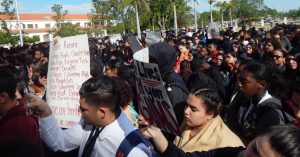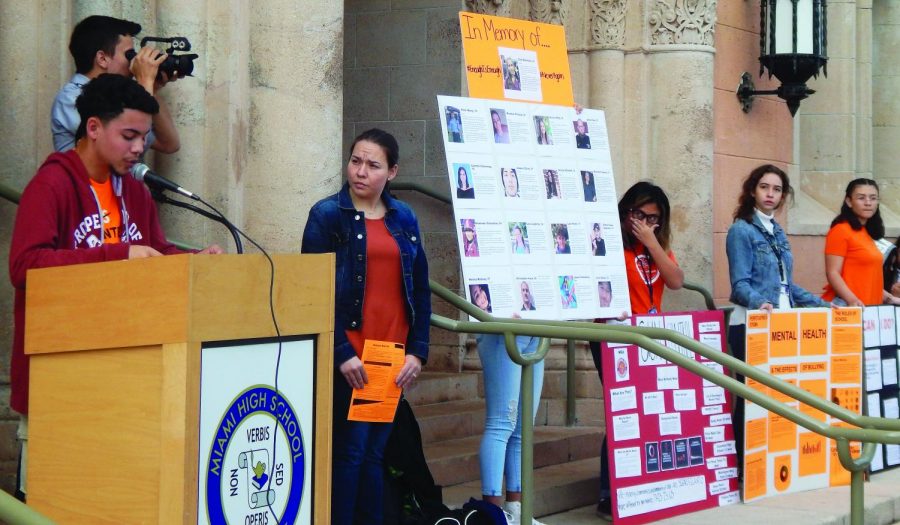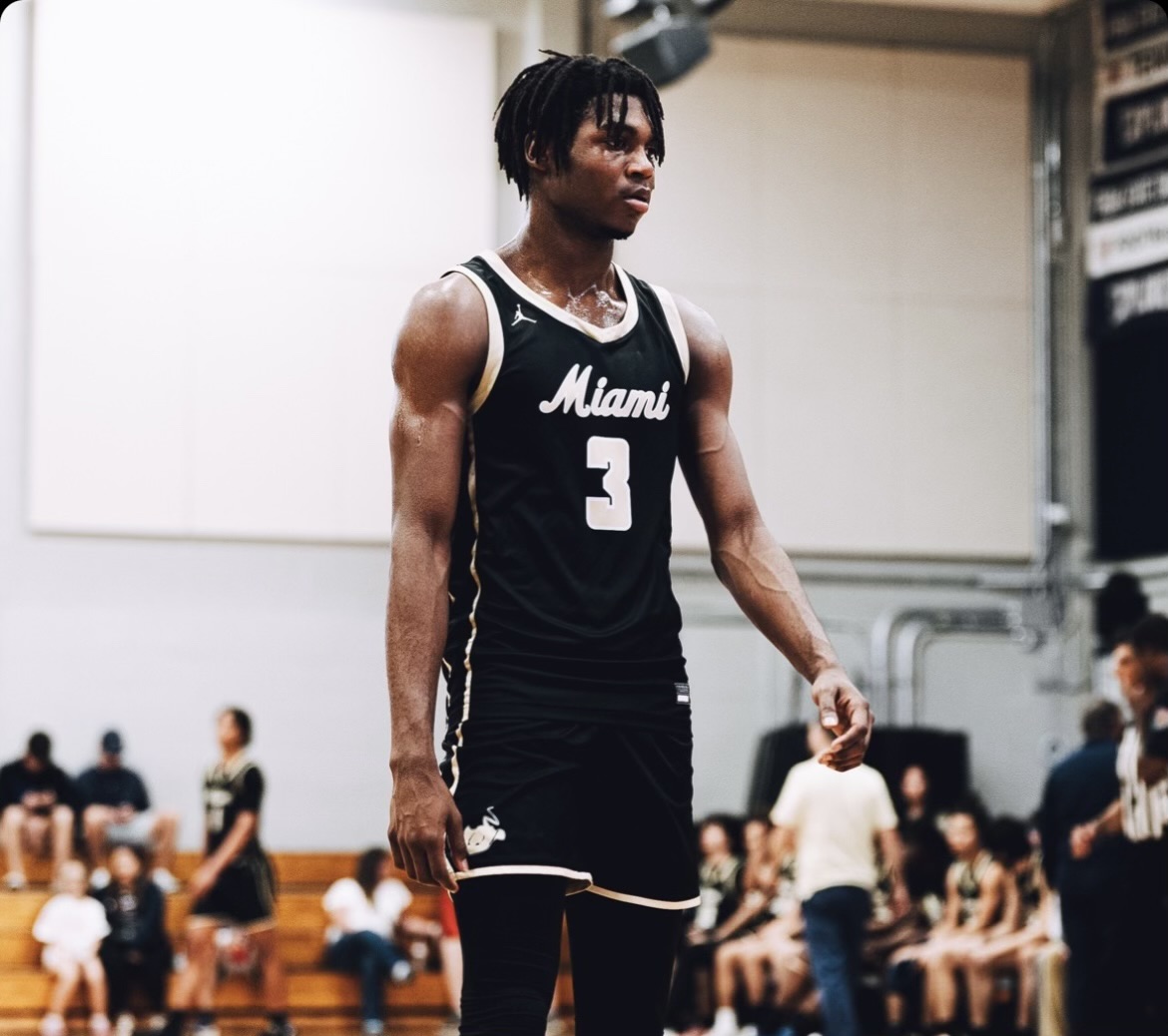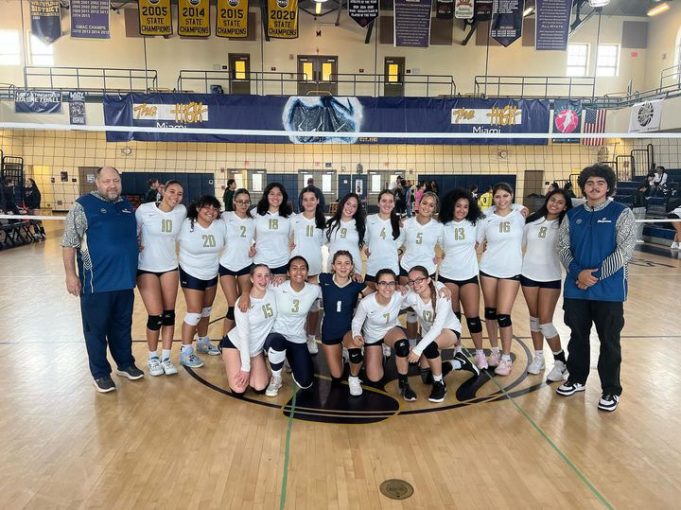The Power of Protest
May 15, 2018
A protest is a movement that calls for change. From women’s suffrage to civil rights, from LGBTQ+ equality to the recent calls for gun control, Americans have protested at various times in our country’s history. Those protests are actions that allow for change in our democracy and serve as a fundamental right for us.
The Importance of Protests
There is a power being exerted when you protest. According to social studies teacher Mr. Waldo Rodriguez, “Protests constitute freedom of speech and the right to assemble. If we don’t voice ourselves, the government doesn’t know what we want. Instead of complaining that nobody listens to young people, they should be going out there and making their voices heard.”
An effective protest is one that sparks the flame in people to come to action and demand change.
— Carlos Cordova
According to sophomore Carlos Cordova, who participated in the National School Walkout in March, said, “Protesting is important because it allows us to exercise our 1st Amendment rights.”
AP Psychology Ms. Fernandini, who assisted the students that led the student walkout on March 14, said, “As a school culture that is preparing the citizens of tomorrow to go out into society and to create a better future for us, we as a community have a responsibility to act.”
Senior Kelin Escobar, one of the main organizers of a student-led protest that occurred soon after the Stoneman Shooting, said, “Protesting is extremely important because not only is it a civil liberty, but it emphasizes one’s voice.”
Our school’s policy on protests is that they are allowed as long as they are peaceful protests that allow students to have their voice heard in an organized manner. Assistant principal Ms. Leal says, “Students learn in school about the principles that our government was based on, and when they go out and protest, they are putting into action what they learn in class.” She adds, however, that you should not impede the rights of another person when protesting about something.
Recent Protests
In the last year, there have been several prominent protests and movements. According to the “Herstory” article posted on the Black Lives Matter Movement website, in 2013, three organizers—Alicia Garza, Patrisse Cullors, and Opal Tometi—created a Black-centered political will and movement building project called #BlackLivesMatter. It was in response to the acquittal of Trayvon Martin’s murderer, George Zimmerman. (https://blacklivesmatter.com/about/herstory)
As a culture of the school who are preparing the citizens of tomorrow to go out into society and to create a better future for us, we have a responsibility to act.
— AP Psychology Teacher Ms. Fernandini
According to the article “Women’s marches: More than one million protesters vow to resist President Trump” published by The Washington Post, in January of 2017, following President Donald Trump’s inauguration, between 3.2 and 5.2 million people marched worldwide for the Women’s March (www.washingtonpost.com/news). They protested to advocate legislation and policies regarding human rights, including women’s rights, immigration reform, reproductive rights, and racial equality.
Following the Stoneman Douglas High School shooting in February of 2018, a group of students led a movement called the March for Our Lives, in support of stricter gun control laws. According to the article “You Marched. Now We Fight For Our Lives” posted on the March for Our Lives website, the turnout was between 1.2 and 2 million people in the U.S., making it one of the largest protests in modern American history.
Miami High held a walkout on March 14 in support of the National Student Walkout, which was protesting for gun control. Sophomore Amanda Suarez was one of the students that volunteered to speak at the walkout. She said, “Although it was nerve racking because many people weren’t paying attention, I hope that I got more students interested in the conversation so that they can take action in their communities and speak more on the topic.”

Protesting Without Marching
Not everyone, however, believes protests are the most effective way for making change. Senior Jonathan
Lopez said, “The time I would take to get out of class can be used instead to learn in the classroom. It’s better to write to political leaders or call up Congress.”
Similarly, Mr. Waldo Rodriguez said, “If you don’t want to go out and protest, you can still make your voice heard by writing a letter or sending an email to your local representatives.”
Starting a Movement
It might seem nearly impossible for someone to put together a movement of similar impact, but with the right mindset, you can create a potent protest. Kelin Escobar said, “Organizing a protest takes a lot of work. You might have the people and resources, but there has to be a compromise between schedules and interests.”
Ms. Fernandini’s role was to inform the students of their rights within the peaceful walkout. She said, “When you’re leading a group of people, you need to think about the consequences that fall on them. You need to be ready to answer for all those people that you led.”
Carlos Cordova said that they spent hours doing research, making posters, and putting together the speeches. “We weren’t going to just sit by and let the issue go unnoticed. I strongly believe that young people should protest because the world is in our hands,” he said.
According to Ms. Leal, if you want to organize a protest, it’s best to present the idea to the administration to avoid trouble, and it’s encouraged to do it through a club or organization. “For a protest to be effective remember that it should be peaceful, have a purpose, and involve students speaking on their beliefs,” she says.






